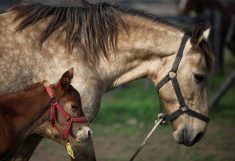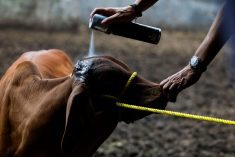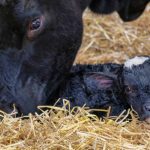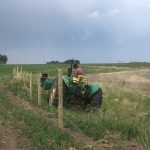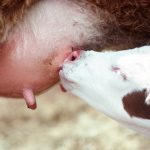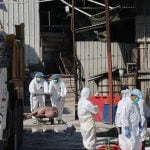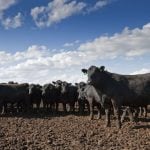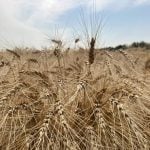The Philippines has lifted its BSE-related ban on rendered meat and bone meal (MBM) from Canada, the federal government confirmed Friday.
A “concerted effort by government and industry” led to the Philippine government’s agreement to open its market to Canadian rendered animal byproducts including blood meal, poultry meal and fats, effective immediately, the Canadian government said.
The Canada Beef Export Federation estimates this Philippine market access for rendered products could reach $20 million per year, the government said.
MBM could thus form a substantial chunk of Canada’s exports of farmed foods and their byproducts to the Philippines — exports which in 2009 totalled $250 million.
Read Also
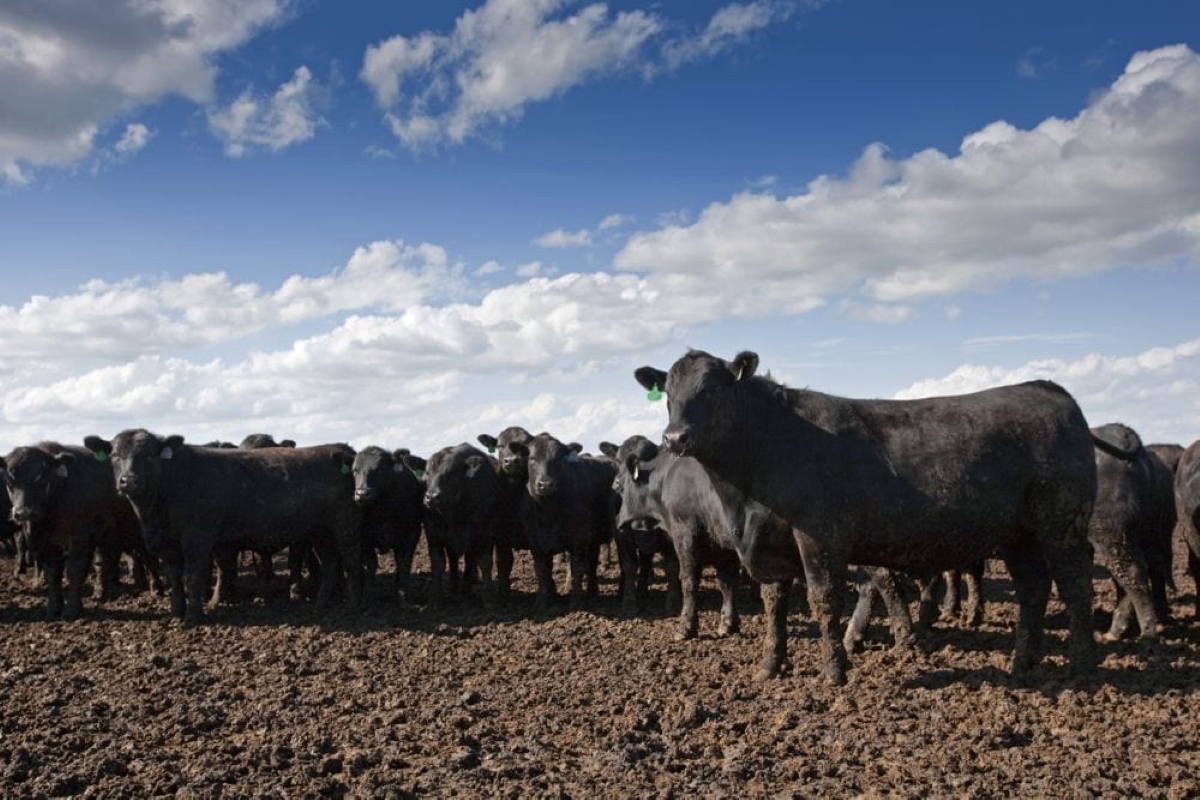
U.S. livestock: Cattle futures end lower on profit-taking, technicals and flat cash prices
Chicago Mercantile Exchange cattle futures fell for a third consecutive day on Thursday in profit-taking and technical selling setback following recent highs and amid some weaker-than-expected cash market sales this week.
The Philippine government’s decision is laid out in a July 19 memorandum order from that country’s Agriculture Secretary Proceso Alcala, which cites Canada’s designation by the World Organization for Animal Health (OIE) as a “controlled risk” country for bovine spongiform encephalopathy (BSE).
Alcala’s order also cites Canada’s move in 2007 to ban specified risk materials (SRMs, the tissues known to harbour the proteins that cause BSE in infected animals) from all feed, pet foods and fertilizers.
Ruminant MBM and other inedible products are regulated and verified by the Canadian Food Inspection Agency for compliance with BSE-related regulations and chemical residue tolerances, Alcala added.
As well, he wrote, the rendering industry “uses internal controls to maintain biosecurity and ensure that the finished products are safe and in compliance with all regulations and tolerances.”
“SRM-removed MBM” from Canadian cattle is already accepted in Indonesia, he added, while Indonesia, Vietnam and the U.S. accept Canadian rendered poultry; Vietnam takes Canadian feather meal; Brazil, Chile, China, Korea, Mexico, Peru, Ukraine, the U.S. and Vietnam accept Canadian blood meal; and Canadian rendered fats are exportable to Colombia, Egypt, the European Union, Japan, Mexico, Peru, Russia and the U.S.
The Philippines was among several countries to shut its ports to Canadian beef and cattle in 2003 following the appearance of Canada’s first domestic case of BSE in an Alberta cow.
Canada has seen 16 more cases of BSE in its domestic cattle herd since then, but many countries have recognized Canada’s measures to keep BSE out of food and feed and reopened their ports of entry to varying levels of Canadian products and livestock.
“Today’s announcement is great news for Canadian farmers who have gained expanded access to an important market of over 90 million people,” Agriculture Minister Gerry Ritz said in Friday’s release.






